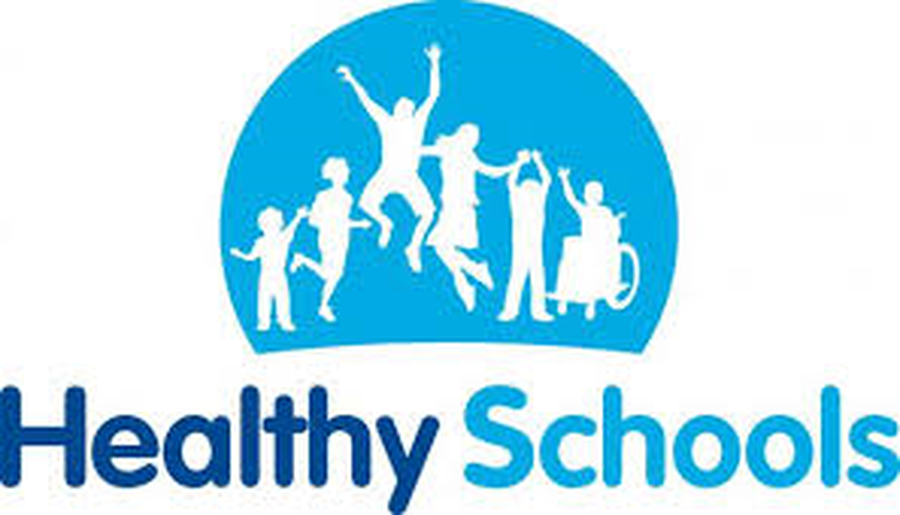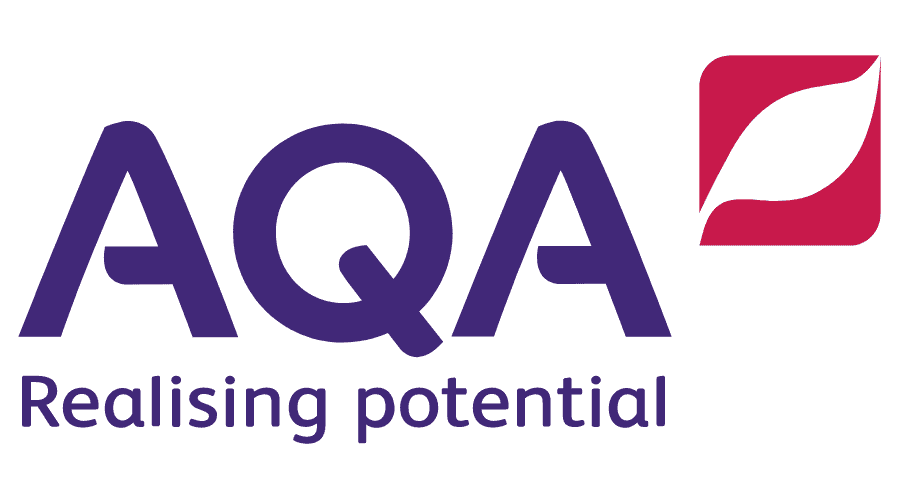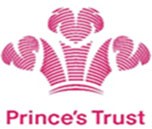RSE at Victory Park
Relationships and Sex Education aims to give children and young people:
- self esteem
- skills for successful relationships
- emotional literacy
- the ability to make informed choices and minimise risk
- the ability to keep themselves and other people safe
- the opportunity to explore their own attitudes, values and beliefs and develop an individual moral code that will guide their actions.
- a discerning eye for the messages they receive from the media
- the ability to access help and support
- a positive attitude towards their body and sexuality
Effective RSE is embedded in the school curriculum (particularly PSHE) and ethos.
Moral and Values Framework
Our school believes that RSE should be delivered within the following moral framework. Our programme promotes:
- self respect and respect for others
- respect and tolerance towards others who may have different backgrounds, cultures, feelings, views and sexuality.
- taking account of other people’s feelings.
- mutual support and co-operation.
- accepting the responsibility for the consequences of our own actions.
- the right of people to hold their own views within a framework of respect for others.
- not imposing our views on other people.
- the right not to be abused by other people or taken advantage of.
- the right to accurate information about sex and relationship issues
Equal Opportunities Statement
Our RSE programme aims to be inclusive of all regardless of gender, race, religion, colour, language, culture, social circumstances, appearance, sexuality, ability or disability. Etc.
Our RSE programme responds to the needs of individual pupils and takes pupils, cultures, faiths and family backgrounds into consideration. Pupils with special educational needs are given extra RSE support by SEN staff and any pupils with English as their second language receive help as needed.
RSE is delivered predominantly in PHSE lessons to ensure a comprehensive coverage. However, consolidation and extension of RSE is found in science, RE, Literacy and during assemblies. Circle time is also used to deliver RSE (and PSHE) and this occurs in all classes once a week.
The Teaching Methods
Ground rules will be developed during RSE lessons based on respect. The only additional considerations specific to RSE ground rules (as opposed to basic class rules) will be a need to prevent personal questions and the need to explain to children that if a teacher suspects that they or anyone else is at risk from harm, then they will need to tell another adult.
Active learning techniques such as circle time, role play, games, prioritising exercises, paired and group discussion, interviewing and presentations, are used in the teaching of RSE as much as possible. Pupils will also be given many opportunities to reflect on what they have learnt in RSE lessons.
As far as possible, to prevent stigmatisation of any group of people or any life choices, the pro-choice approach to PSHE and RSE is adopted. This means that every issue is presented in terms of, ‘some people …and others …let’s explore the effect these choices might have on a person’s life.’
Mixed and Single Gender Groups
Most of RSE is delivered in mixed sex groups. However during lessons on puberty, both boys and girls cover the same material but are then given opportunities to discuss what has been covered in single sex groups where they might feel more comfortable doing so. Pupils expressed a preference for some single sex teaching during consultation.
Specific Issues Statements
Language
During all RSE lessons, the correct terms for all body parts and functions will be used. If any slang words are used, the meanings of all words are clarified in a factual way and it is made clear to pupils which words are potentially offensive and that from this point onwards, the correct terms will be used. This aims to prevent bullying of children for not knowing definitions and overtly points out the offensive nature of some words – which also empowers staff to challenge the use of offensive words explicitly.
Using visitors to deliver SRE
External staff are used to support aspects of RSE but as their availability cannot be relied upon, the RSE programme is taught with no assumption of support from external speakers.
Whenever an external visitor is going to deliver a lesson or activity that is related to RSE, we encourage a planning session with the speaker and a member of the teaching staff to ensure that the input will be worthwhile and also to check the suitability of the content. All visitors are made aware of the RSE policy and all lessons are evaluated by staff.
The visitor will also be supervised by a member of staff at all times
Confidentiality
Pupils’ confidentiality is respected in all RSE lessons and pupils are made aware of the fact that what they say in RSE lessons will not be repeated to anyone else unless a member of staff suspects that the child or anyone else is at risk from harm. See the schools Confidentiality Policy for further details.
Informing parents/carers and parents right to withdraw their child
Before children embark upon a RSE programme, parents are informed by letter of their right to withdraw their child from RSE lessons and given an overview of the topics the child will be covering. Parents are also reminded that they can have a copy of the school’s RSE Policy on request, from the school office. Parents are also told that they can request to view all teaching resources that will be used in the delivery of their child’s RSE.
Parents do not have the right to withdraw their children from sex education covered in National Curriculum science. They cannot withdraw from relationships or health education. It also mentions in the guidance that good practice is likely to include the head teacher discussing the decision with parents and the benefits of them receiving this important education.
Procedures for pupils who are withdrawn from sessions
Provision is made for pupils whose parents wish their child to be removed from RSE lessons to work in another classroom while their class’ RSE is being delivered.
Child Protection Procedures
The school has an appointed member of staff who is responsible for child protection procedures. If a teacher suspects that a child is at risk from harm or neglect, they need to inform this person and record any evidence that supports their concerns.
As part of RSE ground rules teachers need to make it clear to pupils that if they suspect that anyone is at risk from harm, they will need to tell another adult.
Pupils’ Access to Help and Support
In RSE lessons and assemblies, pupils are reminded that if they ever find themselves where something is happening that they feel they cannot do anything about, they are to keep finding an adult to tell until someone does something to help with the situation.
If you have any questions or queries regarding our RSE curriculum deliver delivery and content, please contact kcrouch@victortpark.org.uk (KS3/4) and apacker@victorypark.org.uk (Primary).
RSE Policy
To view policy please click here
RSE Curriculum Map
.jpg)






.jpg)